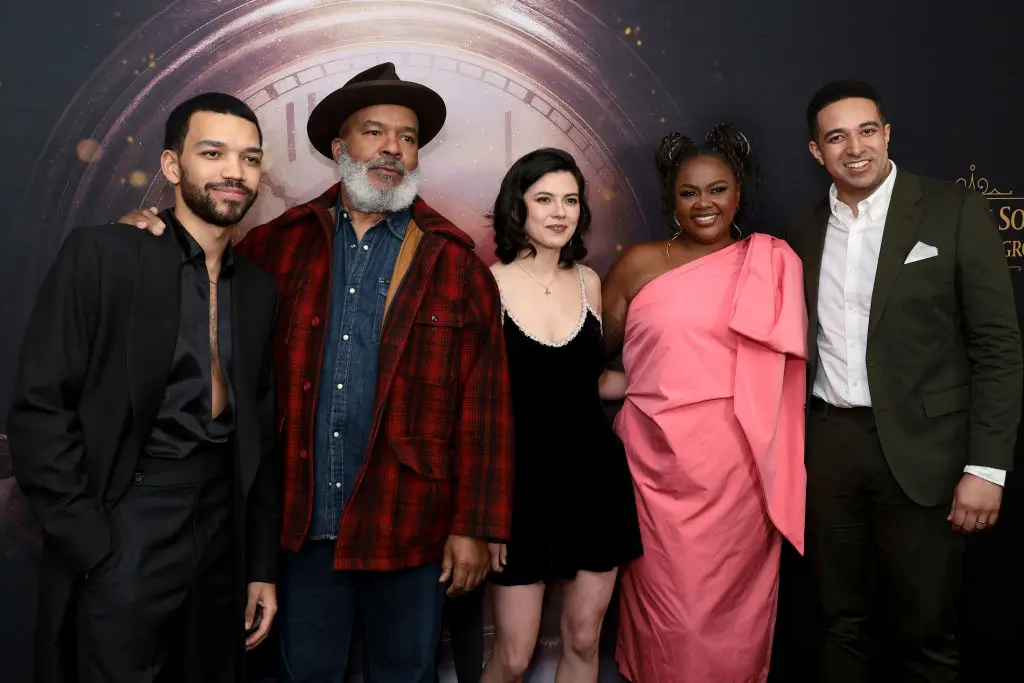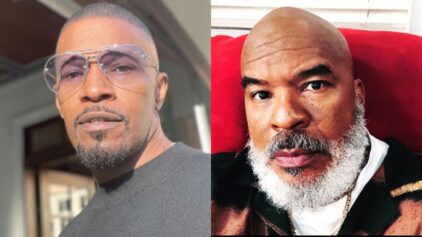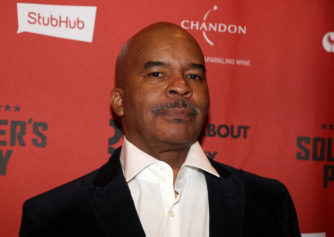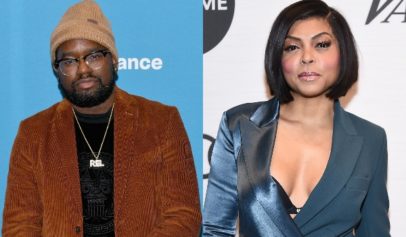The massive backlash that “The American Society of Magical Negroes” trailer received on YouTube was a premonition of what was to come. Made on an estimated budget of $15 million, the film was released in theaters across the United States on March 15. However, it performed so poorly that it had to be pulled from theaters after only three weeks.
The feature debut of actor-turned-writer-director Kobi Libii barely raked in $1 million at the box office on its opening weekend. Starring Justice Smith in the lead role, it reportedly grossed a paltry $5,440 on its final day. In its lifetime run of 21 days, “The American Society of Magical Negroes” earned a dismal $2.4 million.
The Focus Feature film plays on the problematic trope of the “Magical Negro,” who is expected to sacrifice their own interests and desires in the service of white people, a staple in countless Hollywood films centered on white entitlement. By making this trope the mission of a magical secret society of African-Americans set in the present-day United States, the film aimed to be a commentary on the subtle and pervasive ways in which racism still exists. However, what could have been a stinging critique soon turns into a hapless romcom.

Of course, the audience wasn’t happy. “The American Society of Magical Negroes” has an embarrassing 28% score on Rotten Tomatoes. The trailer got 2,000 likes and 25,000 dislikes on its first day, drawing enormous ire. One user wrote, “Every black person in this film sets back our generation 500 years.” Another quipped, “You know what I like about this film? It’s bringing blacks and whites together. We can all agree that it’s a collective ‘no’ from all sides.” A third commented, “This had to be approved, funded, and officially written and worked on by hundreds if not thousands of people, and nobody thought even for a second that this movie might not be a good idea?”
The response on X (formerly Twitter) to the film’s premature removal from theaters hasn’t been too kind either. One user wrote, “Everyone’s a little bit racist, but this movie went too far in that direction. It was a crap movie with an unnecessarily divisive title. And extremely insulting to Black people.”
Another commented, “The American Society of Magical Negroes is a deserved flop because it slickly tries to pander to the beauty of ‘blackness’ while actually centering racism in a weird celebratory manner. Black audiences didn’t even take the bait or see the film as something ‘progressive’ or new because it is neither of those things. This film has absolutely no audience. It’s perceivable too ‘woke’ for the common viewer to have interest when in reality there’s nothing ‘woke’ or uplifting about it.”
The critics were less harsh in their judgement but they were nonetheless critical too, admitting that the film’s fulcral idea backfired terribly in execution. The New York Times wrote in its review, “Even as the movie is lampooning one trope, it keeps taking refuge in other conventions in ways that undercut the pop of its premise and make one wish for greater depth to its thought experiments.”
The Washington Post called it “a bloodless satire that’s too eager to please,” adding “the film’s idea of what constitutes Blackness is questionable” and “in its skewering of racial clichés, it ends up trafficking in banalities of a different — yet just as overworked — sort.”
However, Libii stands firm by the film, which, he says, draws heavily from his personal experiences. Countering people’s calling out its problematic politics, he told The New York Times, “Any frank acknowledgment of racism is seen as racism itself.”
“In the Black community, it is radioactively embarrassing to say anyone in our community has ever done anything accommodationist. And it would be much more comfortable if I was just so, so damning of it and made such a villain out of that worldview as opposed to what I believe is the more nuanced, respectful view, which is that living under systemic racism compromises all of us,” he added.
The film’s lead actor, the incredibly talented Justice Smith, agrees. “Hollywood historically has not done well by Black people, and so it makes sense that Black audiences are skeptical when there’s a movie about race,” he told CNN. “This film, it’s controversial, even in the title, and so it’s gonna ruffle some feathers,” he added.


